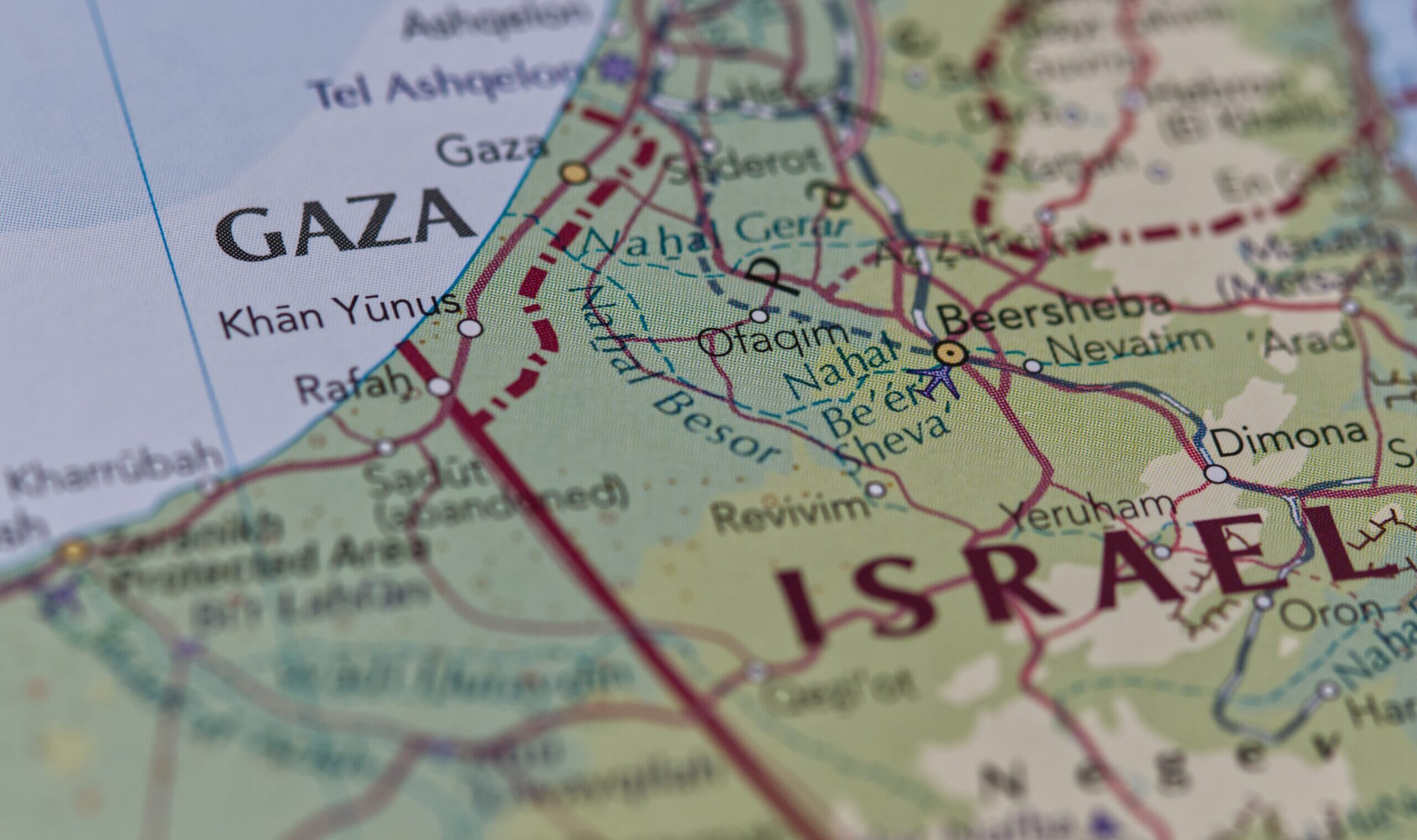What Would Thatcher’s Foreign Policy Be Today?
Leon Hadar argues that it is difficult to know with much certainty how Margaret Thatcher would view contemporary foreign policy issues. Dr. Hadar writes:
That no one can answer these questions with any confidence goes to show how much the world political and economic environment has changed since Thatcher’s time.
I agree that Thatcher’s foreign policy record, like Reagan’s, is of limited relevance to contemporary debates, and we can’t be sure that we can know which specific policies she would favor if she were in office today. Unfortunately, some of her last public statements on foreign policy were so aggressive that I fear we can guess very well which side of the Syria and Iran debates she would take now. As of February 2002, Thatcher was wholeheartedly endorsing Bush’s foreign policy as outlined in his awful 2002 State of the Union address. She made a point of supporting regime change in Iraq, as well as expanding the “war on terror” to many other countries. The Daily Telegraph reported on the contents of her op-ed for The New York Times:
She identified the second phase of the war against terrorism as involving strikes against centres of Islamic terror groups in Africa and South-East Asia, presumably references to Somalia and the Philippines.
A third phase, she argued, should deal with Mr Bush’s “axis of evil” – Iran, Iraq and North Korea – and other states.
These included Syria, which she described as an enemy of Western values; Libya, which “still hates the West”, and Sudan, which “undertakes genocide against its own citizens in the name of Islam”.
This list of states to target as part of the “war on terror” was as expansive and ambitious as anything that the most aggressive Bush administration officials ever contemplated. If she favored “dealing with” Syria and Libya as enemies to be targeted in 2002, we can assume that she would have favored military intervention in support of anti-regime uprisings in more recent years. As Hadar says, she would have pursued a policy very similar to the one pursued by Blair. Both were committed to a very lopsided relationship with the U.S. that compelled Britain to support American actions even when they served no real British interests.
